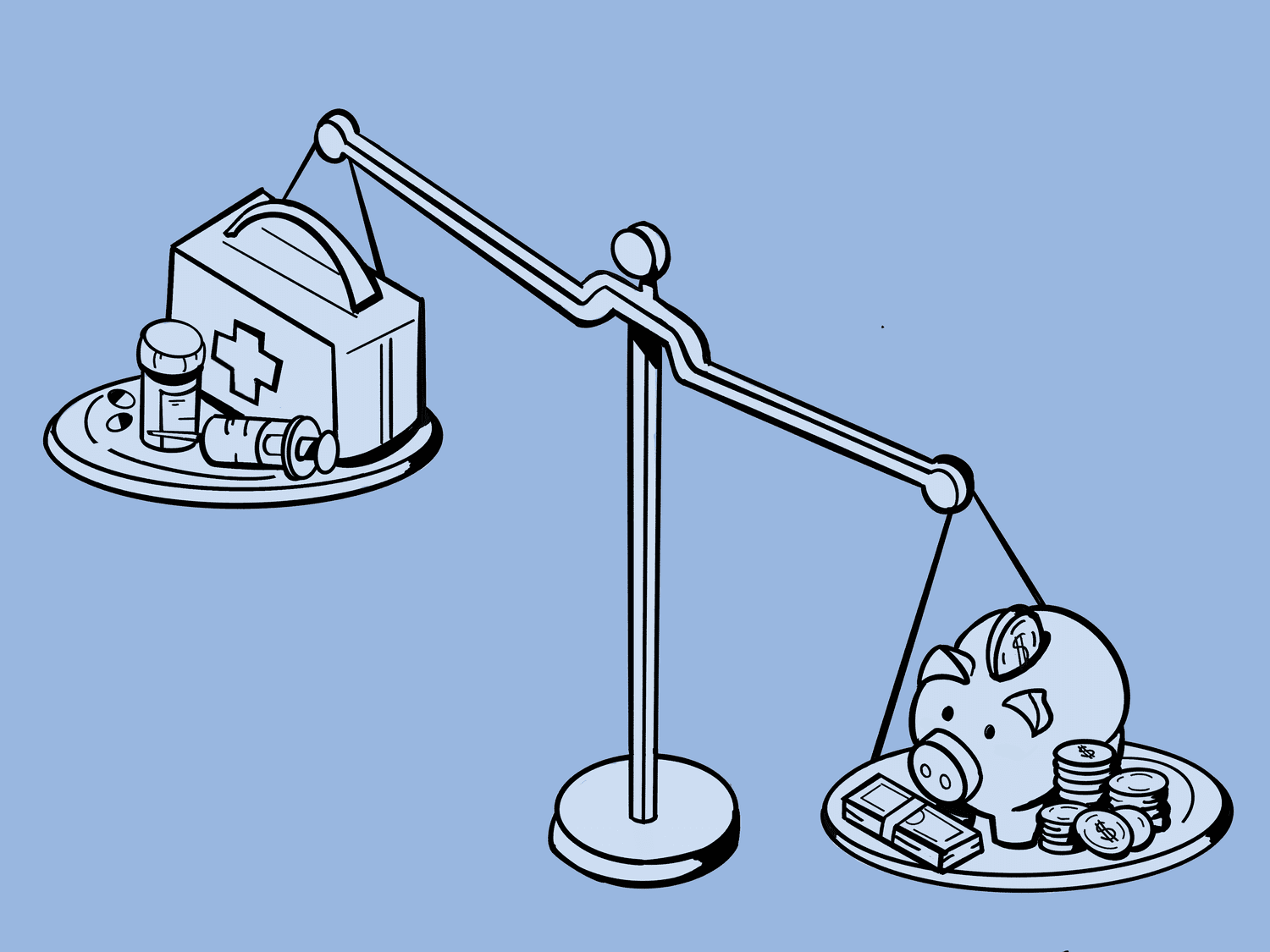There are concerns regarding the adequacy of current Social Security benefits when adjusted according to the general Consumer Price Index (CPI).
Social Security Benefits Struggle to Keep Up with Rising Healthcare Costs
Social Security benefits for seniors are under scrutiny due to their inadequacy in covering rising healthcare costs. With over 65 million Americans relying on these benefits in 2023, the current method of adjusting them using the Consumer Price Index (CPI) fails to account for seniors’ significant healthcare expenses. As healthcare costs outpace general inflation, many seniors struggle to afford medical care leading to financial difficulties and tough choices, according to a report by 24/7 Wall St.
Aligning COLA with Healthcare Costs
Advocates propose adjusting COLA based on the CPI-E to help seniors maintain purchasing power relative to healthcare costs, reducing financial stress and uncertainty.

(photo: The New York Times)
Opposition and Sustainability Concerns
Critics worry that linking Social Security benefits to CPI-E for healthcare costs could strain finances. By 2035, Social Security may cover only 75% of its expenses, raising doubts about sustainability. Accurately tracking healthcare inflation for CPI-E poses challenges, casting doubt on the feasibility of such reforms.
Balancing Senior Needs and Financial Viability
In conclusion, balancing increased benefits with financial stability is crucial. Policymakers must address these challenges to ensure Social Security remains reliable for seniors’ financial security and dignity in retirement.
READ ALSO: EU Exits From Energy Treaties: Impact On Climate Action And Fossil Fuel Payouts

















































